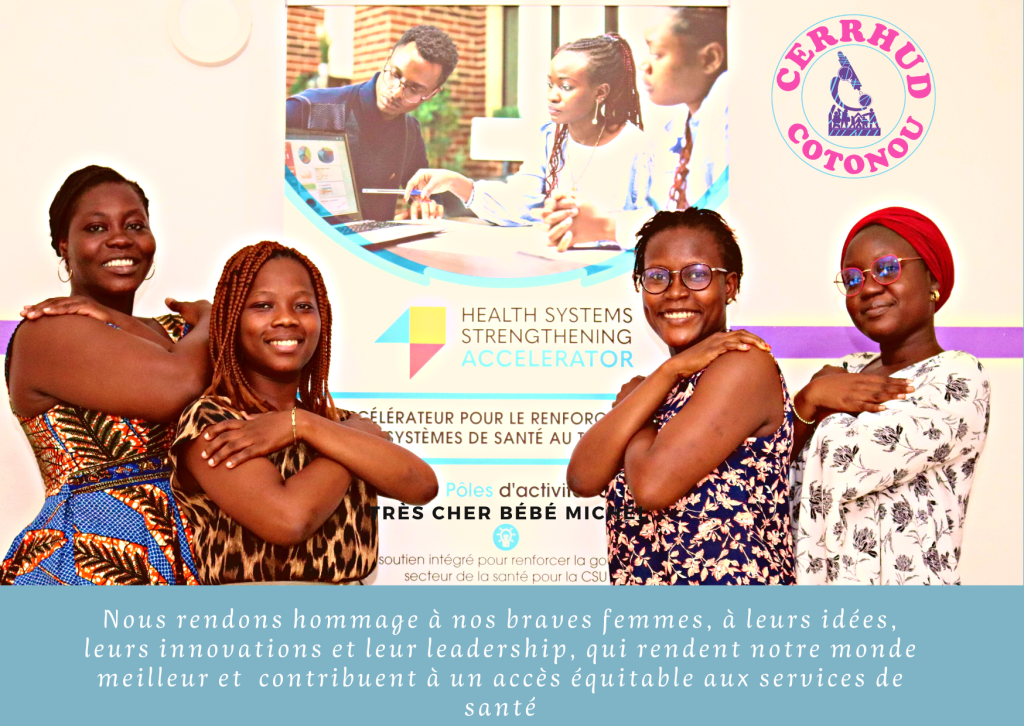[Editor’s Note: For International Women’s Day, we interviewed several Accelerator staff and partner organizations, including CERRHUD and Comité des Jeunes Mon Avenir d’Abord (CJMAD). In this post, they share what equity means to them. This post is adapted from R4D.]
This year’s International Women’s Day theme is “Embrace Equity.” What does this mean to you?
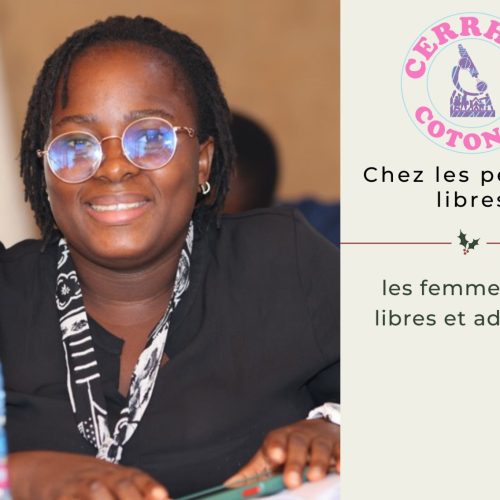
Dr. Kéfilath Bello, deputy director, CERRHUD, Benin
Dr. Kéfilath Bello is Deputy Director at CERRHUD, based in Cotonou, Benin. She works closely with the Health Systems Strengthening Accelerator project in Togo and Benin to advance universal health coverage.
For me, equity is related to how we ensure that everyone has access to what they need to live their lives in a healthy and fulfilling way. In our work on universal health coverage, we support policymakers, civil society actors and other key stakeholders to make decisions based on the people’s needs. We also support them to improve the distribution of resources for more equitable access to health. This year’s International Women’s Day theme reminds us that promoting the well-being of women and girls not only reduces gender inequalities but also leads to better life for the whole family and the whole society.
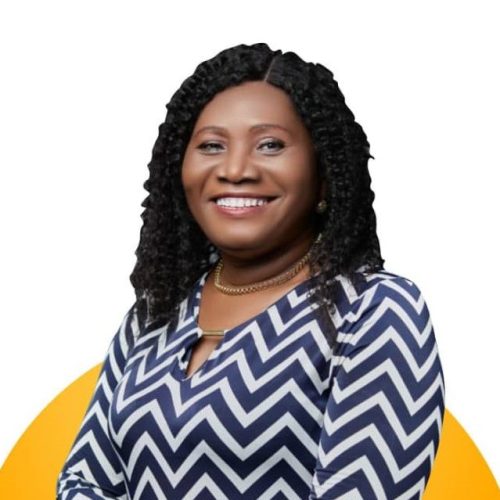
Dr. Linda Vanotoo, senior program director, Results for Development; director, Community Health Workforce activity
To me, embracing equity means making equity an integral part of everything that is planned or shared for a large group of people, especially women. In other words, it should be what is referred to as a “public good.” Most of the time, people look at those who do not have much (mainly women) and try to give them portions of what is available. In my opinion, those who are seen to be “disadvantaged” (mainly women) should have a say in what equity means to them. This may be challenging, but they should be empowered to know when things are not equitably distributed and voice out their disapproval. Leaders and policymakers should consider equity in the development of policies, distribution of resources (not just funding) and evaluation of outcomes. In short, embracing equity is equivalent to putting human rights issues at the fore of policy development and implementation and getting feedback from the less endowed (women and others) to assess impact.
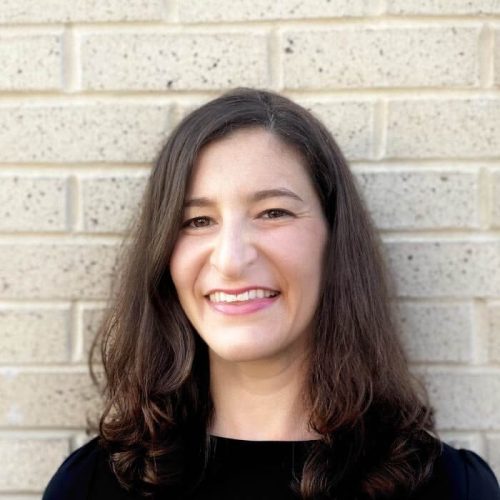
Lior Miller, program director, Results for Development; director, West Africa Community Health portfolio
To me, embracing equity is all about recognizing that when we promote the social, economic, cultural, and political advancement of women and girls, we are fostering healthier, more prosperous communities for everyone. In the programs we work on as part of the R4D-led Health Systems Strengthening Accelerator (Accelerator) project, we find that women’s participation and leadership in policy and decision-making dialogues, such as advancing universal health coverage strategies in Togo and community health policy and routine immunization in Guinea, leads to more innovative thinking and effective solutions. In Guinea, our local partners insist on all teams, be it civil society members advocating for community health financing, or implementation research teams, have gender parity at a minimum. We can and must do the same if, as a sector, we want to achieve lasting change.
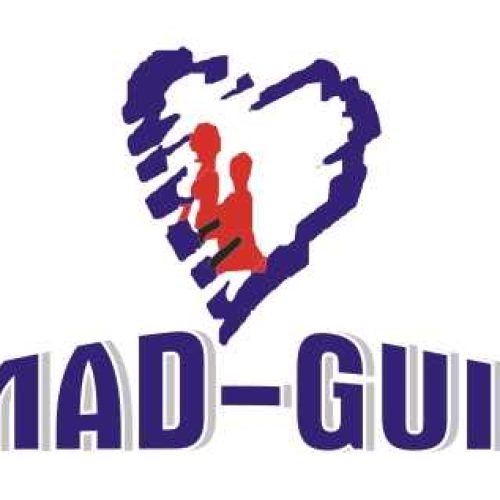
Mariama Kouyate, M&E specialist, Comité des Jeunes Mon Avenir d’Abord (CJMAD), Guinea
Mariama Kouyate is an M&E Specialist with Comité des Jeunes, Mon Avenir d’Abord (CJMAD, or My Future First Youth Committee), based out of Conakry, Guinea. CJMAD is a key partner on the Accelerator’s work in Guinea. In Guinea, the Accelerator supports the government’s efforts to effectively implement the community health policy to ultimately help improve health outcomes.
For me, embracing equity means fostering a climate that allows women to flourish in health, financial autonomy, and decision-making power. At CJMAD, the activities we worked on within the framework of the Accelerator project in Guinea — financed by USAID and led by R4D — equity is put to good use for the performance of project activities. In implementing activities related to advocacy for payment of community health workers and social mobilization to support routine immunization, gender parity was used in team selection. We can achieve lasting change by prioritizing equity in implementing all our projects.
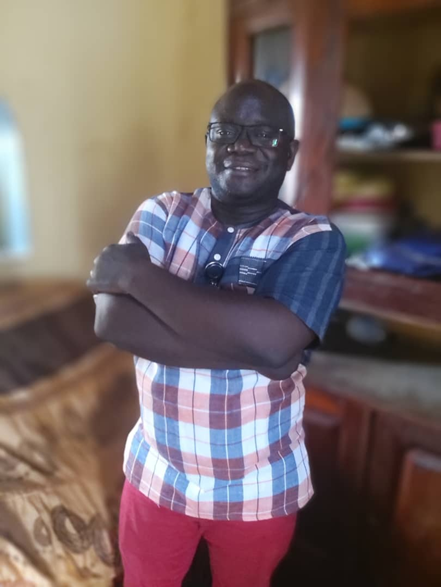
Luc Innocent Toure, program coordinator, Comité des Jeunes Mon Avenir d’Abord (CJMAD), Guinea
Luc Innocent Toure with Comité des Jeunes, Mon Avenir d’Abord (CJMAD, or My Future First Youth Committee), based out of Conakry, Guinea. CJMAD is a key partner in the Accelerator’s work in Guinea. In Guinea, the Accelerator supports the government’s efforts to effectively implement the community health policy to help improve health outcomes ultimately.
Gender Equity is important to me because it avoids having differential treatment; it aims to restore the balance between the sexes and grants women or men compensation for historical and social imbalances which prevents them from actively participating, in an equal way, in the development of their society at the grassroots level. It also helps to improve the health of everyone overall.
